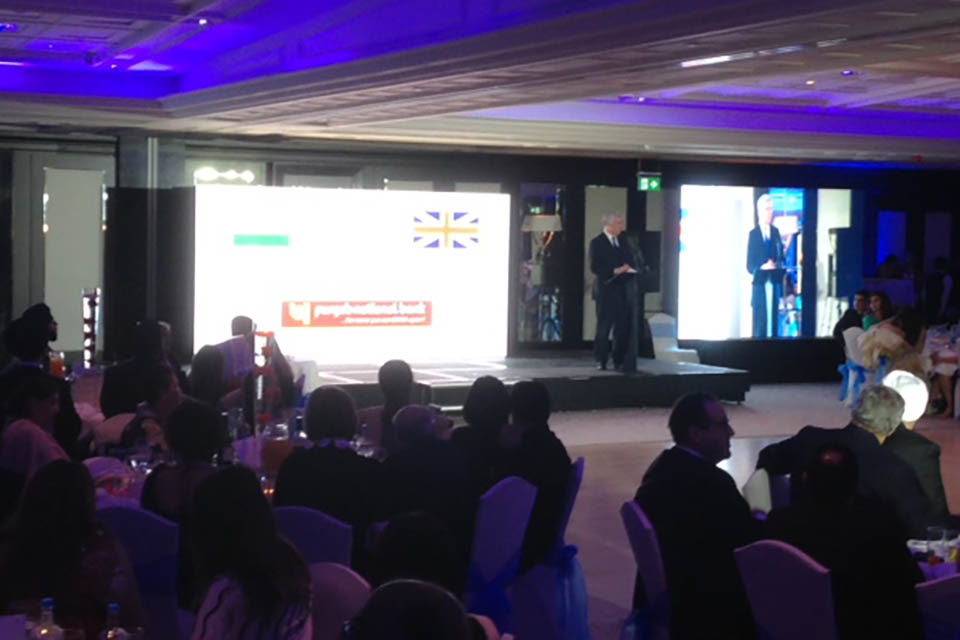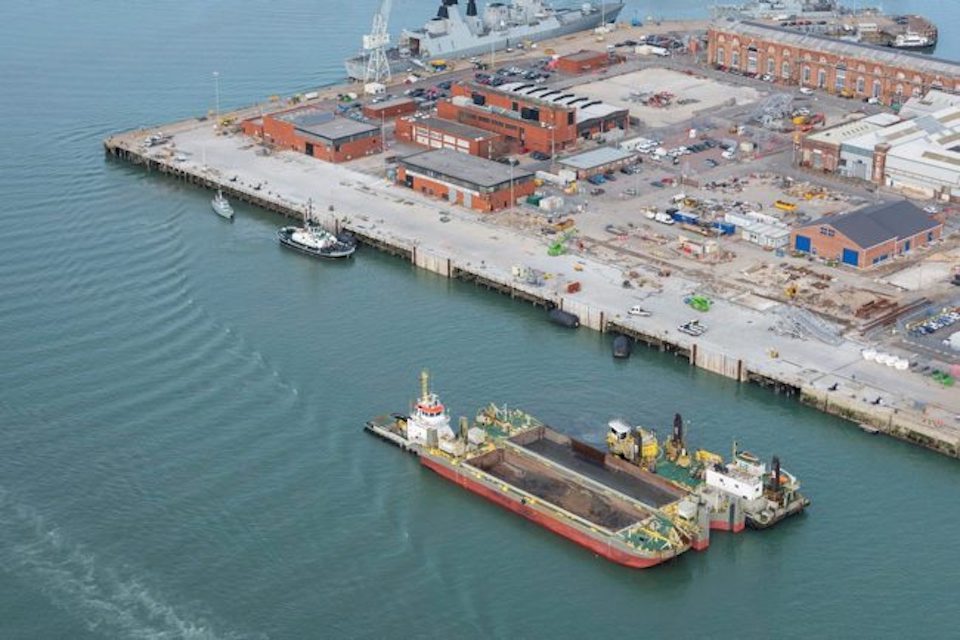News story: Broadband providers drop cancellation fees for Armed Forces personnel
The commitment from the UK’s biggest broadband providers representing 95 per cent of Britain’s broadband market comes into force immediately, and will benefit tens of thousands of Forces households in the UK and abroad.
The change agreed to under the tenets of the Armed Forces Covenant includes BT, Sky, EE, Plusnet, Talk Talk and Virgin Media, who have all committed to treating military personnel fairly when cancelling their contracts.
Up until now, members of the Armed Forces who are deployed overseas or to different parts of the UK not covered by their provider could be forced to pay a cancellation fee. They will no longer have to face this cost and be disadvantaged due to the mobile nature of service life.
Defence Minister Mark Lancaster, said:
Our Armed Forces are sent all over the world and across the country to help keep our country safe and they should never be at a disadvantage because of this. The removal of cancellation fees by leading broadband providers is yet another example of the Covenant in action, which is making sure our brave personnel are treated fairly. It’s a welcome move and we’re looking forward to seeing what more British businesses can do to support our military.
The Armed Forces Covenant is a promise by the nation ensuring that those who serve or have previously served in the Armed Forces, and their families, are treated fairly and not disadvantaged by their service. Delivery partners include businesses and trade bodies, charities and community organisations, local authorities and government departments.
BT Chief Executive Gavin Patterson, said:
Armed Forces personnel play a vital role protecting our country, whether serving overseas or stationed away from home in other parts of the UK. That’s why we’re committed to ensuring they don’t have to pay for broadband or TV services they can’t access, when they find themselves in this situation. Whether it’s through today’s announcement, our hiring of ex-armed forces personnel, or through our work with Reservists, BT, along with our fellow signatories are proud to support our country’s military personnel.
TalkTalk Chief Executive, Dido Harding, added:
We recognise that service personnel and their families face unique challenges, not least due to the fact they are regularly posted to new locations all over the country and abroad, often at short notice. TalkTalk was the first ISP to recognise how tricky this can be and offer free disconnections for service personnel moving overseas, and we’re delighted that the rest of the industry has followed suit.
Today’s announcement follows previous Covenant pledges by UK businesses to support personnel when they are posted overseas.
Last year, the UK’s largest insurers and brokers allowed personnel and their families posted abroad to keep their No Claims Bonus for up to three years, and also waived cancellation fees.
47 of the UK’s high street banks and building societies also committed to letting personnel posted overseas and around the UK rent out their homes without facing higher mortgage costs or having to change to a buy-to-let mortgage.

